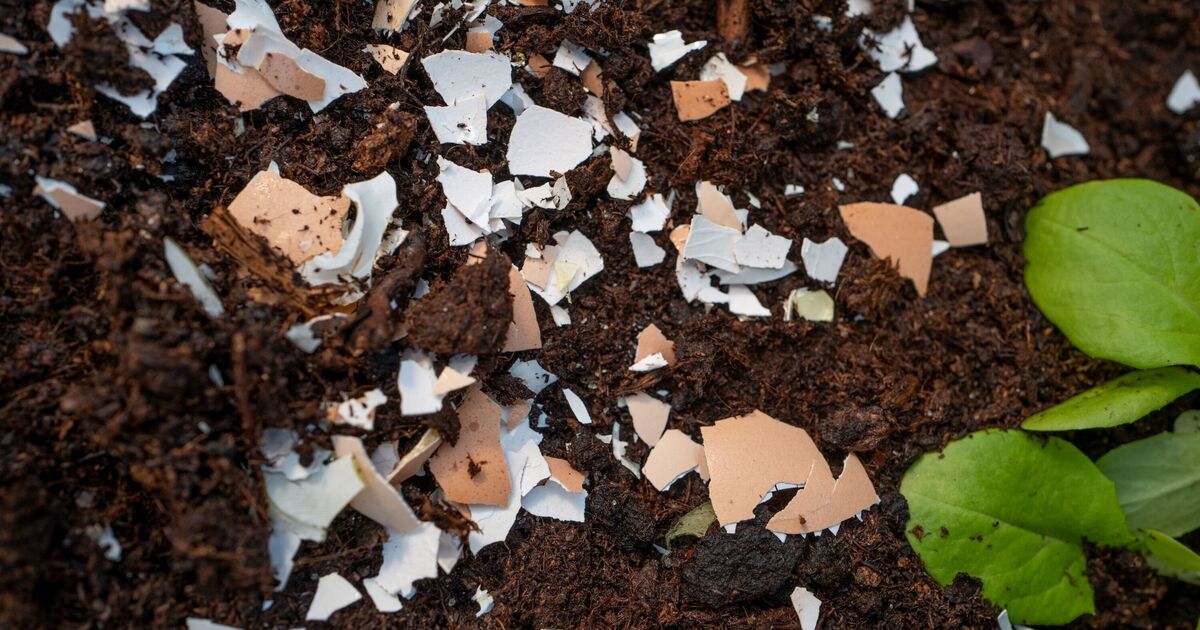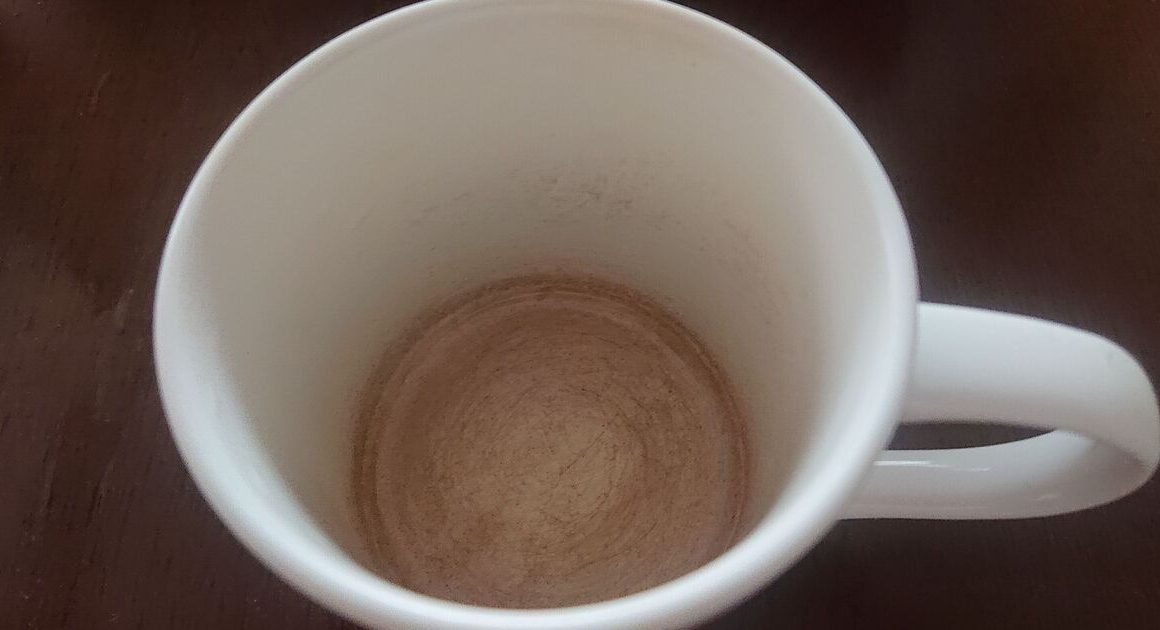A gardening expert has shared a simple yet effective way to utilise egg shells that would otherwise be discarded.
According to Simon Keroyd, these kitchen scraps can be transformed into a valuable natural soil improver, significantly enhancing your garden’s health and productivity.
“No need to throw away your egg shells,” says Keroyd as he shared his method to turn egg shells into fertiliser.
With a few easy steps, you can turn them into a powerful addition to your compost.
Here’s how Keroyd suggests you can make the most of your egg shells:
1. Wash the Shells:
Start by thoroughly washing your egg shells to remove any residual egg white or yolk, which could attract pests or produce an unpleasant smell.
2. Dry the Shells:
Place the cleaned shells in the warm sun to dry.
If the weather doesn’t permit, you can also use an oven set at a low temperature. This step ensures that the shells are completely dry, making them easier to crush.
3. Crush the Shells:
Once dried, crush the shells into smaller pieces.
This can be done by hand or with a mortar and pestle.
4. Blitz to a Powder:
For a finer consistency, blitz the crushed shells into a powder using a blender or food processor.
5. Add to Your Compost:
Incorporate the powdered shells into your compost.
The calcium carbonate in the egg shells helps to balance the pH levels of the compost, making it more suitable for a wide variety of plants.
6. Mix Your Compost:
Ensure the egg shell powder is evenly distributed throughout your compost by giving it a good mix.
When this enriched compost is added to the soil, the egg shells will help improve its quality.
“Egg shells can contribute to improving your soil, feeding your plants, and boosting their health as well as providing you with bigger harvests,” Keroyd added.
The calcium from the shells strengthens plant cell walls, promoting the growth of robust and healthy plants.
This natural soil improver not only recycles kitchen waste but also provides essential nutrients that contribute to the thriving of your garden.












